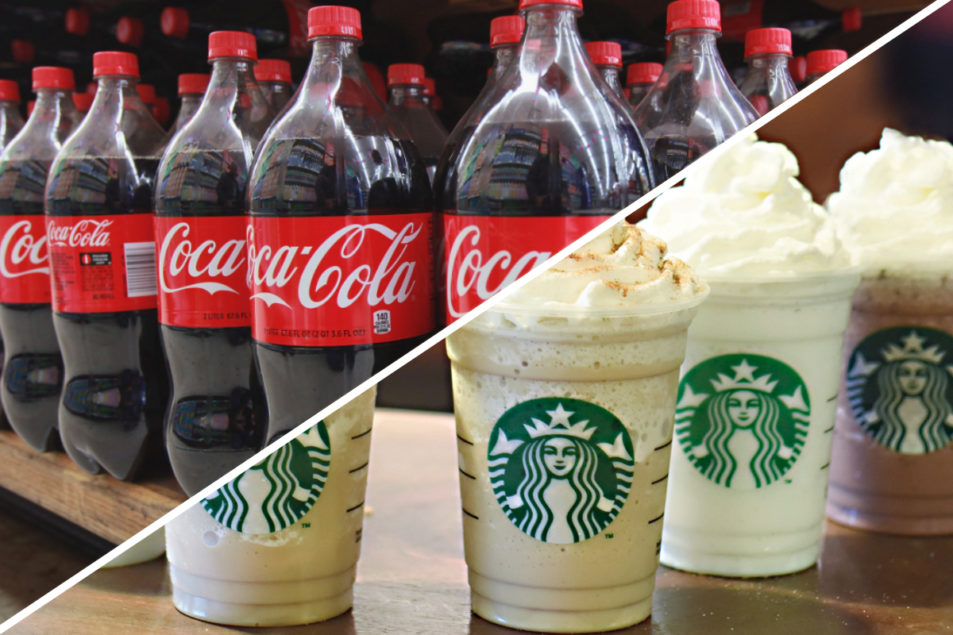Trademark Success Stories
September 22, 2023
In today’s competitive business landscape, small businesses face numerous challenges, from attracting customers to establishing a strong brand identity. One valuable tool that can significantly benefit small businesses is trademark registration. Trademark registration not only protects your brand but also adds substantial value to your business. In this blog, we will explore how trademark registration can benefit small businesses by referencing case studies that showcase real-world examples of trademark success stories.
Case Study 1: Apple Inc.
Apple Inc., one of the world’s most iconic technology companies, provides an excellent example of how trademark registration can add value to a small business. When Apple was founded in a garage in 1976, it was just a small startup. However, the company recognized the importance of protecting its brand early on. In 1977, Apple registered its first logo as a trademark.
Over the years, Apple’s trademark portfolio expanded to cover various products and services. The iconic Apple logo, along with trademarks like “iPhone,” “iTunes,” and “App Store,” became synonymous with quality and innovation. This extensive trademark protection allowed Apple to fend off imitators and establish itself as a global leader in the technology industry. Today, Apple is one of the most valuable brands globally, with a market capitalization that exceeds $2 trillion.
Case Study 2: Coca-Cola
Coca-Cola, a beverage company founded in 1886, is another prime example of how trademark registration can benefit a small business in the long run. When John Pemberton first formulated the Coca-Cola recipe, he had no idea that it would become a global phenomenon. As the company grew, it recognized the importance of trademark registration to protect its brand.
Coca-Cola’s famous red-and-white logo and the name “Coca-Cola” are registered trademarks, ensuring that no other company can use these assets without permission. This level of brand protection has enabled Coca-Cola to maintain its market dominance for over a century. Today, Coca-Cola is one of the most recognized and valuable brands globally, with a brand value exceeding $80 billion.
Case Study 3: Starbucks
Starbucks, a small coffee shop that opened its doors in Seattle in 1971, has grown into an international coffeehouse chain with thousands of locations worldwide. One of the key factors that contributed to Starbucks’ success was its strategic approach to trademark registration.
Starbucks not only trademarked its name and logo but also registered various coffee-related terms, such as “Frappuccino” and “Iced Caramel Macchiato.” This comprehensive trademark protection allowed Starbucks to expand its product offerings and launch successful marketing campaigns without fear of brand dilution or infringement.
Conclusion
Trademark registration is a powerful tool that can significantly add value to small businesses. The case studies of Apple Inc., Coca-Cola, and Starbucks demonstrate how strategic trademark registration can protect a brand, prevent competitors from using similar names or logos, and contribute to long-term success.
By investing in trademark registration, small businesses can establish a strong brand presence, build customer trust, and differentiate themselves in the market. While the process may seem daunting, the benefits far outweigh the initial costs and efforts. So, whether you’re a startup or an established small business, consider trademark registration as an essential step towards adding lasting value to your brand and business. Contact Alex to discuss the post or to get started on registering your small business trademarks.

Related
USPTO TM Resource Page
uspto ip identifier tool
Free trademark guide
602 Rutledge Avenue
Charleston, SC 29403
(843)701-1717
alex@charlestontrademarklaw.com
602 Rutledge Avenue
Charleston, SC 29403
(843) 701-1717
alex@charlestontrademarklaw.com
Charleston Trademark Law is a private business and is not affiliated in any way with any governmental entity including the City of Charleston and Charleston County.
© 2024 charleston trademark law llc. all rights reserved. privacy policy.
Small Business Trademark registration guide